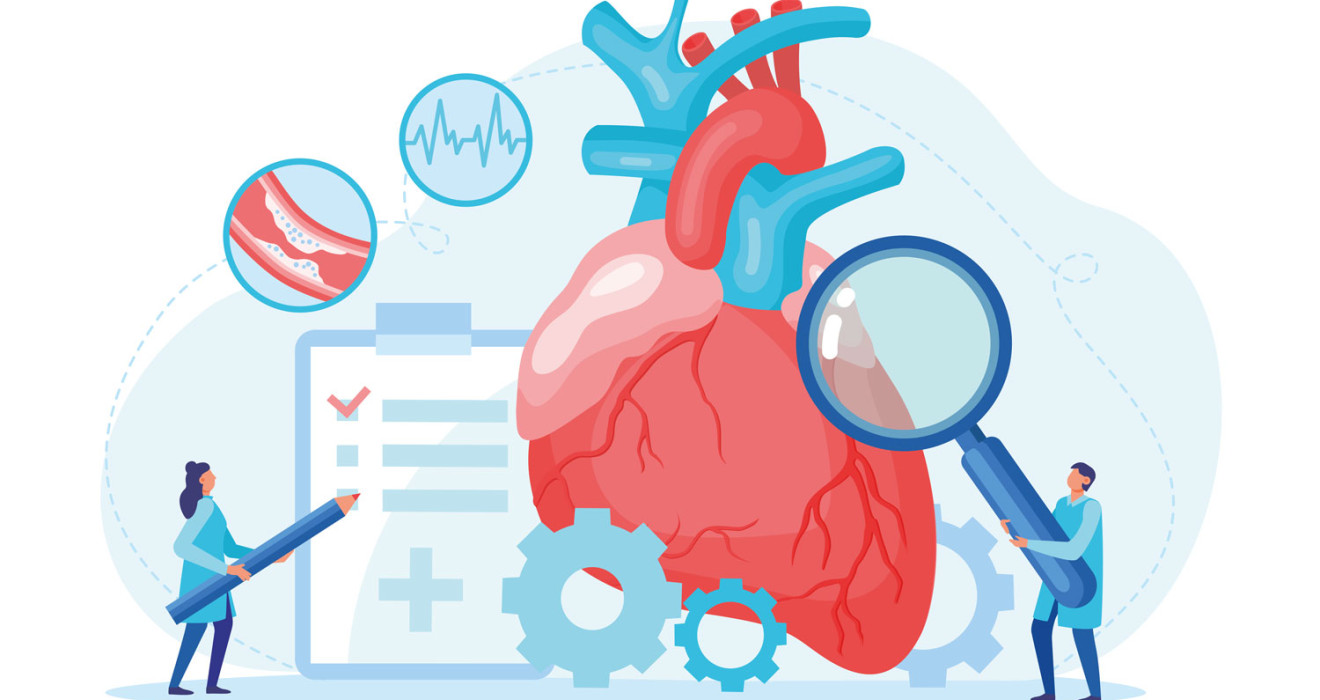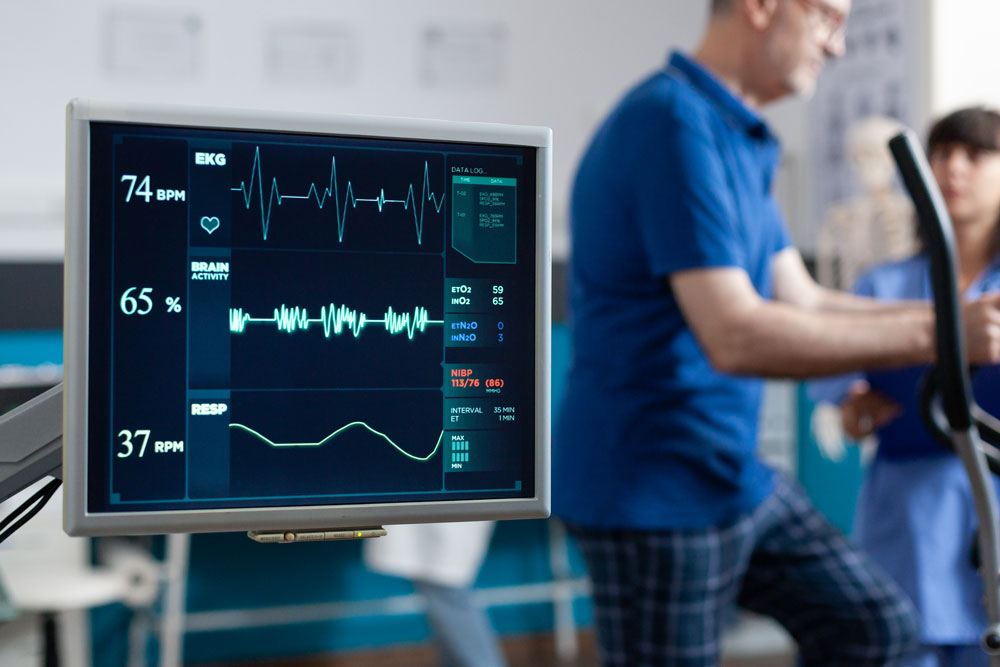
Pre-Exercise Heart Screening (Examination)
Exercise is an important part of maintaining a healthy lifestyle. However, before exercising, a pre- exercise heart screening is recommended to learn about heart health and identify potential risks. Pre- exercise heart screening is a screening test used to assess heart health and determine the risk of heart attack or sudden death.
How is Pre-Exercise Heart Screening Performed?
It is an examination to detect the presence of heart disease, especially in individuals who will perform high-risk exercises. This screening is usually performed by a cardiologist and includes certain tests.
Which Tests Are Performed in Pre-exercise Heart Screening?
The tests that can be performed during pre-exercise heart screening are as follows:
- Electrocardiogram (ECG): A test used to measure the electrical activity of the heart.
- Echocardiography: Uses ultrasound waves to see how the heart muscle works and blood flow.
- Exercise test: Measures heart rate and blood pressure while exercising on a treadmill or exercise bike.
- Stress echocardiography: Similar to an exercise test. However, echocardiography is performed at the same time.
- Holter monitor: A device that records a person's ECG for 24 hours is required.
What is The Relationship Between Exercise and Heart Disease?
In general, exercise activities are known to be beneficial for heart health. However, in some cases, Exercise can pose serious health risks for people with heart disease. Therefore, it is important to have a heart check-up before starting any exercise activity, especially before starting a more intense workout.
Why Should a Pre-Exercise Heart Examination Be Performed?
Pre-exercise heart screening provides important information about heart health and determines the capacity to exercise in individuals at risk of heart disease. The examination includes tests such as a resting ECG, stress test and, where necessary, echocardiography. Based on the results of the heart examination, the individual's ability to exercise or recommendations regarding heart health are made.
What are the Benefits of Exercise for the Heart?
The main benefits of exercise on heart health are as follows:
- Regular exercise lowers blood pressure and helps the cardiovascular system to work more efficiently.
- Physical activity reduces LDL (bad) cholesterol levels and increases HDL (good) cholesterol levels.
- Exercise helps the heart muscle to pump blood stronger and more efficiently.
- Regular physical activity can reduce stress levels. This helps to reduce the risk of heart disease.
- It helps to protect heart health by providing weight control.
- It has a positive effect on mental health and also benefits heart health.
Frequently Asked Questions
-
Children with heart disease can exercise when properly monitored. However, depending on the child's heart health status and the results of a heart scan before exercise, it should be determined which exercises are appropriate.
-
It is important to have a pre-exercise heart screening before starting exercise, especially if children are at high risk of heart disease. A heart examination usually includes tests such as a resting ECG, stress test, echocardiography.
-
Exercise is important to maintain heart health. Because, regular exercise strengthens the cardiovascular system, reducing the risk of heart attack and other it. It also protects heart health by lowering cholesterol levels and regulating blood pressure. However, overdoing it or using the wrong techniques when exercising can negatively affect your heart health. Therefore, it is important to exercise in moderation and maintain a healthy lifestyle.
-
Exercise can cause an enlarged heart. However, this is usually a normal reaction and helps to strengthen the heart muscle. This condition, known as exerciser's heart, can occur in people who exercise regularly.
-
Exercise can cause heart pain. However, heart pain does not always mean heart disease.
-
Heart pain is described as a feeling of pressure, squeezing or burning in the chest. Sometimes it can radiate to the left arm or neck. This pain is usually felt during or after activity.
-
Sudden death in exercisers is rare. However, it can occur among people of any age who do any kind of exercise.
-
Sudden death is usually caused by a heart attack or arrhythmia. It is more common in people with heart disease. In people who exercise, factors such as high intensity exercise, abnormal heart rhythm, heart disease or extreme temperatures are known to cause sudden death.


